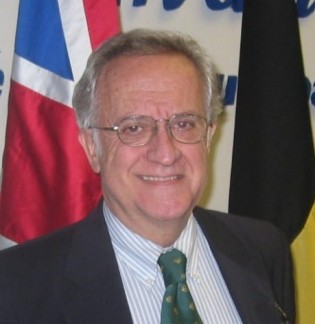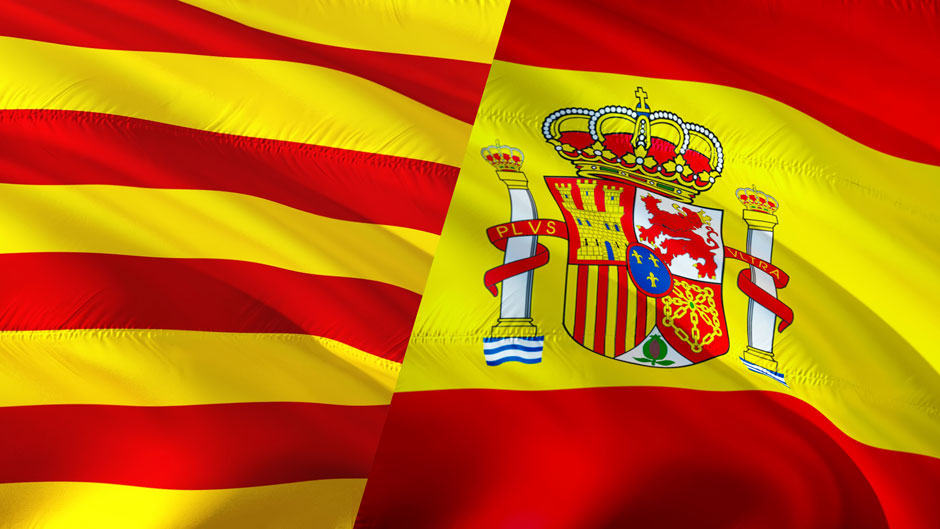The Catalonian Parliament has voted to declare independence from Spain following a few contentious weeks when the government of Spain sought to gain control of the region’s government. The stand-off began after Catalonia held a controversial referendum vote for independence earlier this month.
 University of Miami Professor Joaquin Roy, a native of the Catalan region, Jean Monnet Professor of European Integration and Director of UM’s European Union Center, explores the ramifications of this decision, which could splinter the country and lead to civil unrest.
University of Miami Professor Joaquin Roy, a native of the Catalan region, Jean Monnet Professor of European Integration and Director of UM’s European Union Center, explores the ramifications of this decision, which could splinter the country and lead to civil unrest.
UM News: What does this decision from Catalonia mean?
Roy: The two main parties in the region and the allied CUP party have issued a declaration of independence with a minimum majority in the Catalonian parliament. Members of the opposition, who were against the vote, abandoned the chamber before the vote.
How has the Spanish government reacted to this?
The Spanish government had already warned the populace that they would impose Article 155 of the Spanish Constitution, which would allow them to intervene against any autonomous region that works against “federal” laws. For example, the way they repressed the celebration for independence by many Catalans after the referendum vote of October 1.
Initially, the Spanish Courts arrested and imprisoned the leaders of two civic associations that have been behind the independence movement, under charges of “sedition.”
This court operation has been initiated against Catalonian President Carles Puigdemont, all his ministers, and the executive committee of the Parliament. The latest move as of Monday came when President Puigdemont sent a message from Brussels. Rumors say that he may be asking for political asylum, as offered by the Flemish branch of the Belgian government.
Do you think this vote could lead to civil unrest?
One cannot really tell if this will happen. So far there have been no serious civil or military clashes. But this will all depend on how energetic the protests calling for independence are.
Both sides, independence seeking parties and “unionists,” have held peaceful demonstrations.
What other legal procedures can we expect to see from now on?
This will all depend on what measures the Senate approves under the government’s orders. It could range from intervention of ministers to open resistance of the citizens.
All parties are making preparations for Catalan elections called by the Spanish government scheduled for December 21.

